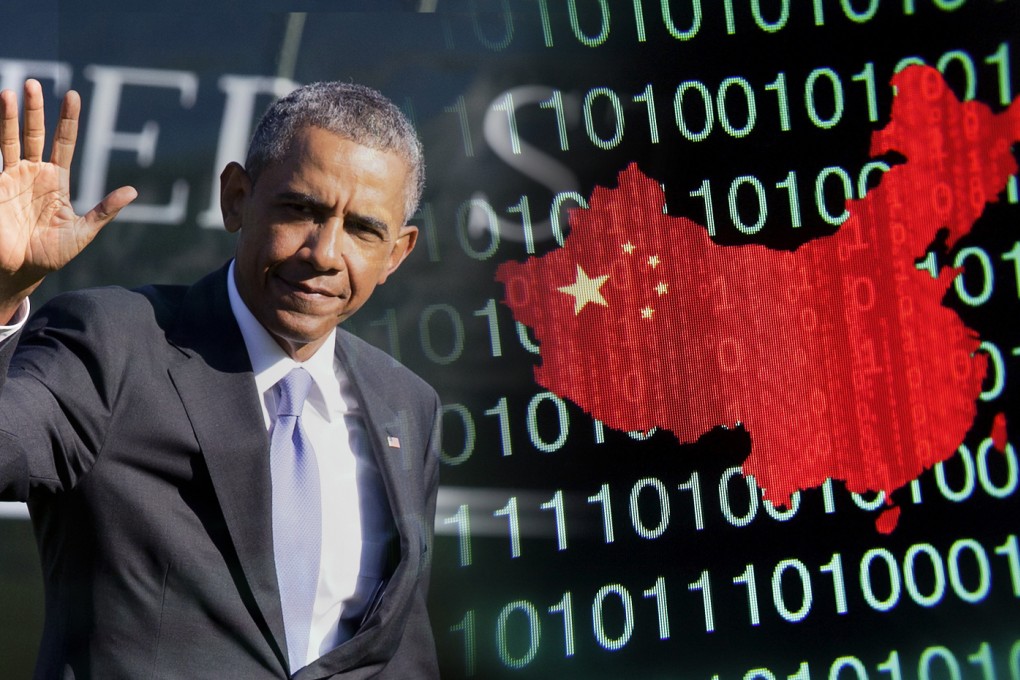White House should threaten Great Firewall to curb Chinese cyber attacks, experts say as Obama-Xi summit nears

As the world recalls how two atomic bombs were dropped on Japan to end the second world war in Asia 70 years ago, a digital deterrent of a similar magnitude could be Washington’s only way to stop cyber attacks from the latest Asian aggressor, China, experts say.
United States president Barack Obama is due to entertain his Chinese counterpart Xi Jinping in Washington next month on a state visit and the issue of cyber espionage will “no doubt” be addressed, Obama said recently.
The issue rose to the fore in the wake of a major attack this summer on the US Office of Personnel Management, which saw hackers make off with the personal information of over four million current and former federal workers.
Officials have pointed the finger at hackers linked to China’s People's Liberation Army, saying the data poses a security risk as it contains military records and other sensitive information, potentially including state secrets.
"We absolutely have to do something," said Dennis Poindexter, author of The New Cyberwar: Technology and the Redefinition of Warfare.
As such hacks become more audacious the US needs the cyber equivalent of a nuclear deterrent, added Poindexter, a former faculty member at the Defence Security Institute under the US department of defence.